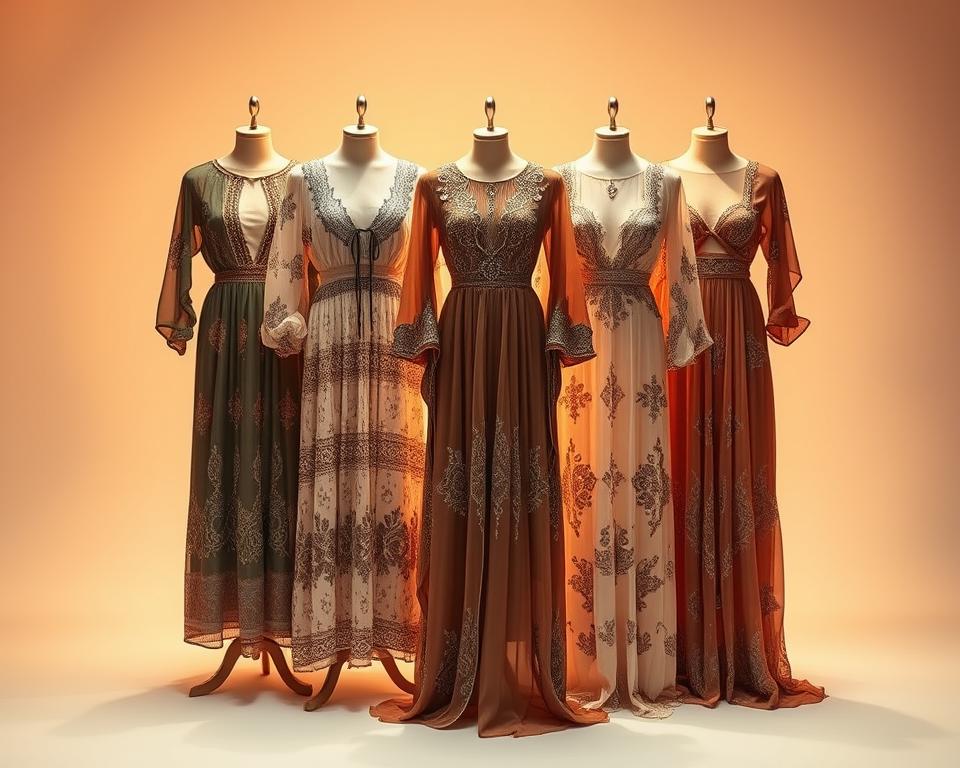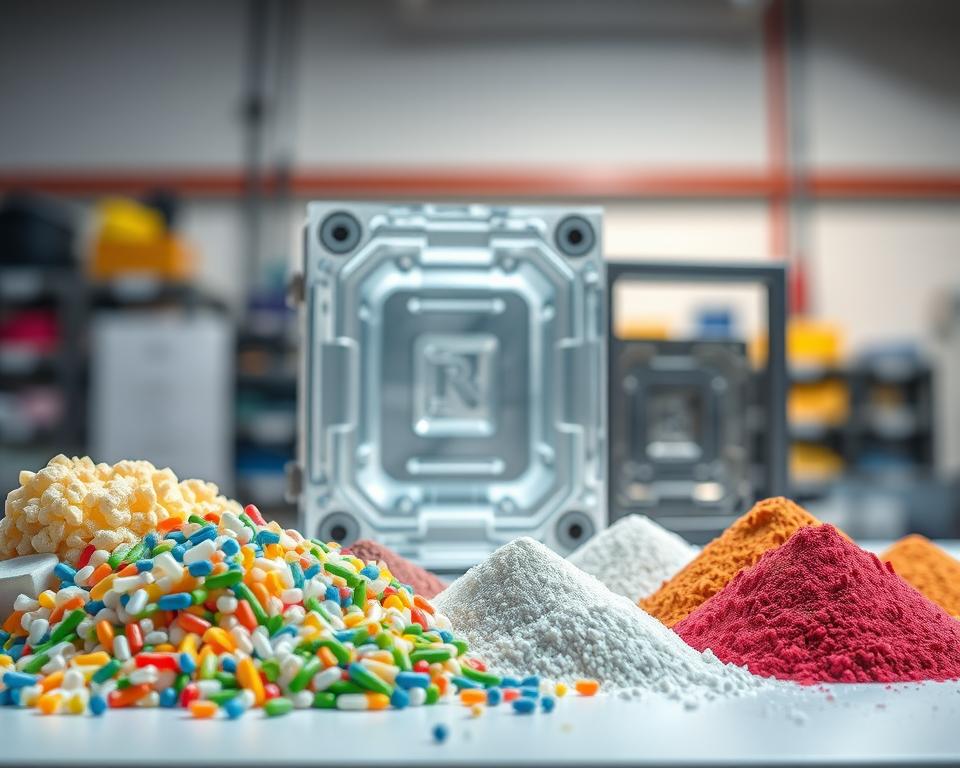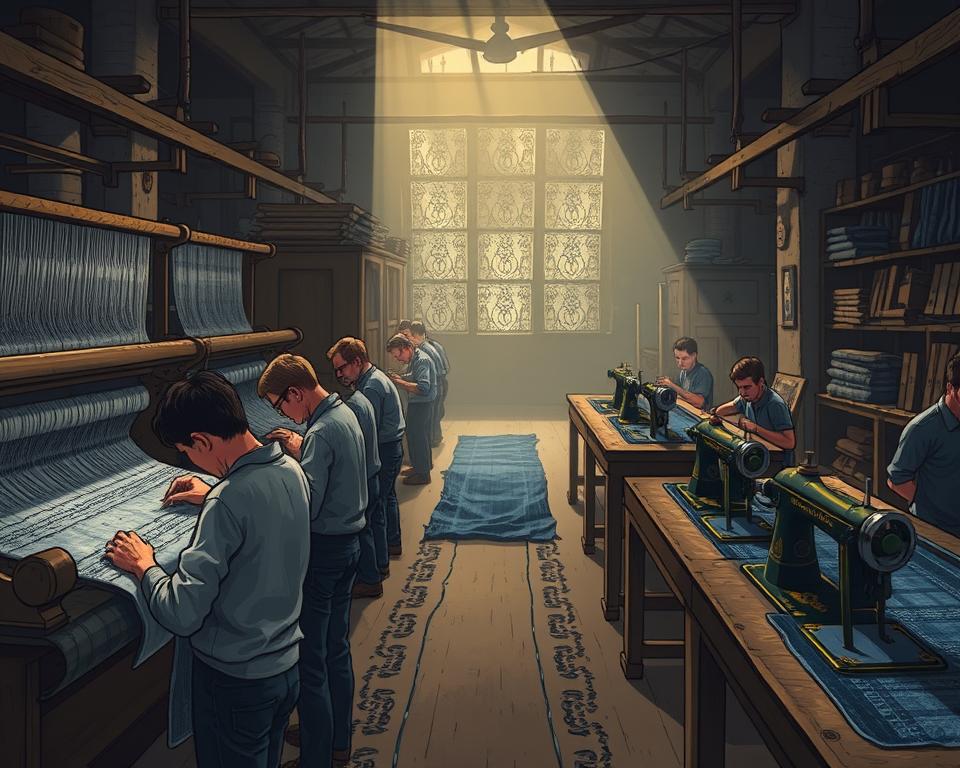Top-Rated Burbank Electricians – Book a Local Expert Today.
Did you know: over 50,000 electrical fires occur each year in the United States, leading to billions in property damage? This staggering statistic highlights the critical importance of hiring skilled electricians to keep your property safe and code-compliant. When you’re searching for a electrician near me, finding local experts who understand the unique needs of the area can make all the difference.
If you need new installs, repairs, or upgrades, it’s important to hire top electricians in Burbank, CA who have a solid reputation. As you explore your options, take a look at VES Electrical, recognized as one of the top electricians in Burbank, CA. This overview points you to the right electricians, ensuring you receive reliable and high-quality service throughout the process.
Going local in Burbank offers clear benefits. They are well-versed in local regulations and building codes, helping your project stay compliant. That expertise saves time and money by sidestepping code-related errors.
You’ll also get faster response times with local electricians. When emergencies strike, they can arrive swiftly, limiting harm and restoring power sooner. Their nearby location makes scheduling easier, helping homeowners and businesses alike.
Personalized service is another key advantage of local electricians. They form close customer ties, tailoring their services to your unique needs. This fosters trust and consistent, high-quality results.
Working with Burbank electricians supports code-aligned quality. Hiring a licensed pro offers peace of mind, because trained experts handle the work. This decision not only ensures your safety but also contributes to the community’s overall well-being.
Electrician Near Me in Burbank: Fast Help
When problems pop up, locating a nearby Burbank electrician is essential. Locals look for quick, reliable help. The area is well-served by experienced electricians, ready to offer electrician services. This makes it easier than ever to get expert help.
Search engines are useful for locating nearby electricians. Try searching for “electrician near me Burbank” to find nearby options. Plus, word-of-mouth from neighbors or friends can quickly surface reliable pros.
Good communication drives effective service. Most professionals are eager to assess the issue and discuss necessary solutions promptly. This gets power and safety back fast, avoiding delays and stress.

Burbank’s Top Electricians You Can Rely On
Trustworthy electrical help is vital for homeowners. A reliable electrician protects safety and performance in your home. In Burbank, CA, many electricians earn strong praise, proving dependable and qualified. Local reviews are crucial when picking a pro.
Among the top-rated electricians Burbank features are:
- Armentas Electric: Praised for standout service and knowledgeable teams, they get frequent positive Burbank reviews. Clients praise their promptness and professionalism.
- Manny’s Electric Service: Well-known for quality workmanship, this company has garnered many accolades. They are praised for detail and customer service, making them a top choice in Burbank.
- VES Electrical: Recognized for thorough work and happy clients, customers often praise dependable workmanship. This reflects their reputation as top-rated electricians in Burbank.
These providers routinely deliver excellent results, keeping them ahead of competitors. If you want skilled electricians, you can trust these firms, endorsed by their clients. Great experiences highlight the value of picking the right pro.
Home Electrical Services in Burbank
In Burbank, homeowners regularly need trusted residential electricians to handle home electrical needs. These services are vital for keeping homes safe and working well. Typical services include:
- Lighting Installation: Boosts both beauty and utility.
- Breaker Panel Upgrades: Guarantees your home’s power needs are met efficiently.
- Wire Repair and Replacement: Crucial for safe and effective electrical systems.
- Safety Inspections: Identifies issues and verifies code alignment.
Choosing home electrical services Burbank from certified professionals ensures safety and tranquility. They are knowledgeable about local requirements and follow industry standards, ensuring work is done right. Trusted local providers are known for quality and reliability.
Commercial Electrician Services Near Me
Business performance often depends on strong commercial electrical support. These services include efficiency assessments and the installation of high-voltage systems. They help operations run smoothly and efficiently. For businesses, reliable service means installs and maintenance to reduce downtime.
Choosing a commercial electrician near me means getting professionals who grasp the unique needs of commercial properties. They are ready for complex issues, improving safety and performance. Regular maintenance by a skilled commercial electrician can greatly extend your electrical systems’ lifespan.
In Burbank, businesses get specialized services to improve safety and productivity. Investing in expertise improves efficiency. It also supports a safer workplace for everyone.
Burbank Emergency Electrician: Fast Help
Sudden electrical problems can be stressful. Be it outages, wiring faults, or fire risks, you should call a Burbank emergency electrician quickly. It keeps your home safe. Recognizing the signs of an electrical emergency is essential. Swift action limits risk and damage.
Watch for these signs that demand urgent help:
- Regular flickering or unexpected outages
- Burning smells or visible smoke from outlets
- Breakers that trip and won’t reset
- Exposed, frayed, or loose wires
When you find yourself in such situations, response time is a key factor. Reliable local electricians usually strive to address emergencies within an hour or two. To ensure you can access the right help quickly, maintaining a list of dependable electrician services near me is a proactive approach.
In case of an emergency, calling a local emergency electrician Burbank is just a phone call away. A strong contact list cuts stress and confusion. Remember: fast action protects loved ones.
Choosing a licensed electrician in Burbank is essential for any project, whether it’s for your home or business. Their role is critical. In CA, electrical work must comply with stringent safety rules. These professionals have received extensive training and are well-versed in local codes and standards, leading to solid workmanship.
Safety is a primary advantage of hiring licensed pros. They are skilled at handling complex systems, keeping work safe from start to finish. This keeps work compliant, which helps avoid fines and legal trouble.
Choosing licensed pros yields top-tier service. They bring years of experience and knowledge to the table, delivering solutions that last. On the other hand, hiring an unlicensed electrician can lead to inferior work, which can trigger costly rework. In short, licensed means safer and smarter. It gives you confidence your system is in good hands.
| Category | Licensed Electrician | Unlicensed Worker |
|---|---|---|
| Qualifications | Extensive training and certifications | Limited experience, no certifications |
| Compliance with Code | Aligned with local codes and permits | Risk of code violations |
| Insurance Coverage | Carries liability coverage | No/limited insurance |
| Safety Standards | Works to safety standards | Higher safety risks |
| Durability | Quality work with lasting results | Subpar work leading to future problems |
Affordable Burbank Electrician: Value & Quality
A budget-friendly Burbank electrician lowers project stress in your home or workplace. Plenty seek value without sacrificing quality. It’s important to explore local options that offer cost-effective electrical solutions while staying quality-focused.
Costs for common electrical tasks, like installations, repairs, and system upgrades, can range a lot. Grasping market rates helps you pick smartly. Getting free estimates from multiple electricians improves price visibility and helps identify fair deals.
While judging value, consider customer reviews, experience, and warranties on work. In Burbank, you’ll find strong value providers—excellent for cost-conscious clients.
VES Electrical: Your Trusted Partner for Electrical Services
In Burbank, VES Electrical is a leading option for electrical services. Known as the best electrician Burbank CA, they offer a full range of services. These include both residential and commercial needs, making them a reliable option for all.
VES Electrical is focused on safety and satisfaction. Their team of licensed electricians is seasoned and quality-focused. Be it maintenance or complex projects, they are equipped for any task.
Client feedback underscores skill and reliability. People praise speed, detail, and courteous service. That dedication builds community trust.
To keep homes and businesses safe and functional, you need reliable Burbank repairs. Faulty wiring, breakers, or outlets are hazardous if ignored. Quick fixes avoid bigger issues and protect safety.
Local Burbank repair services deliver fast, effective fixes. Whether it’s a simple outlet swap or complex troubleshooting, skilled electricians can handle it safely and efficiently. Their expertise prevents damage and future costs.
Ignoring minor electrical issues can lead to major safety risks. Local pros help systems perform well. Avoid delays—bring in a professional. Timely Burbank repairs raise safety and confidence.









